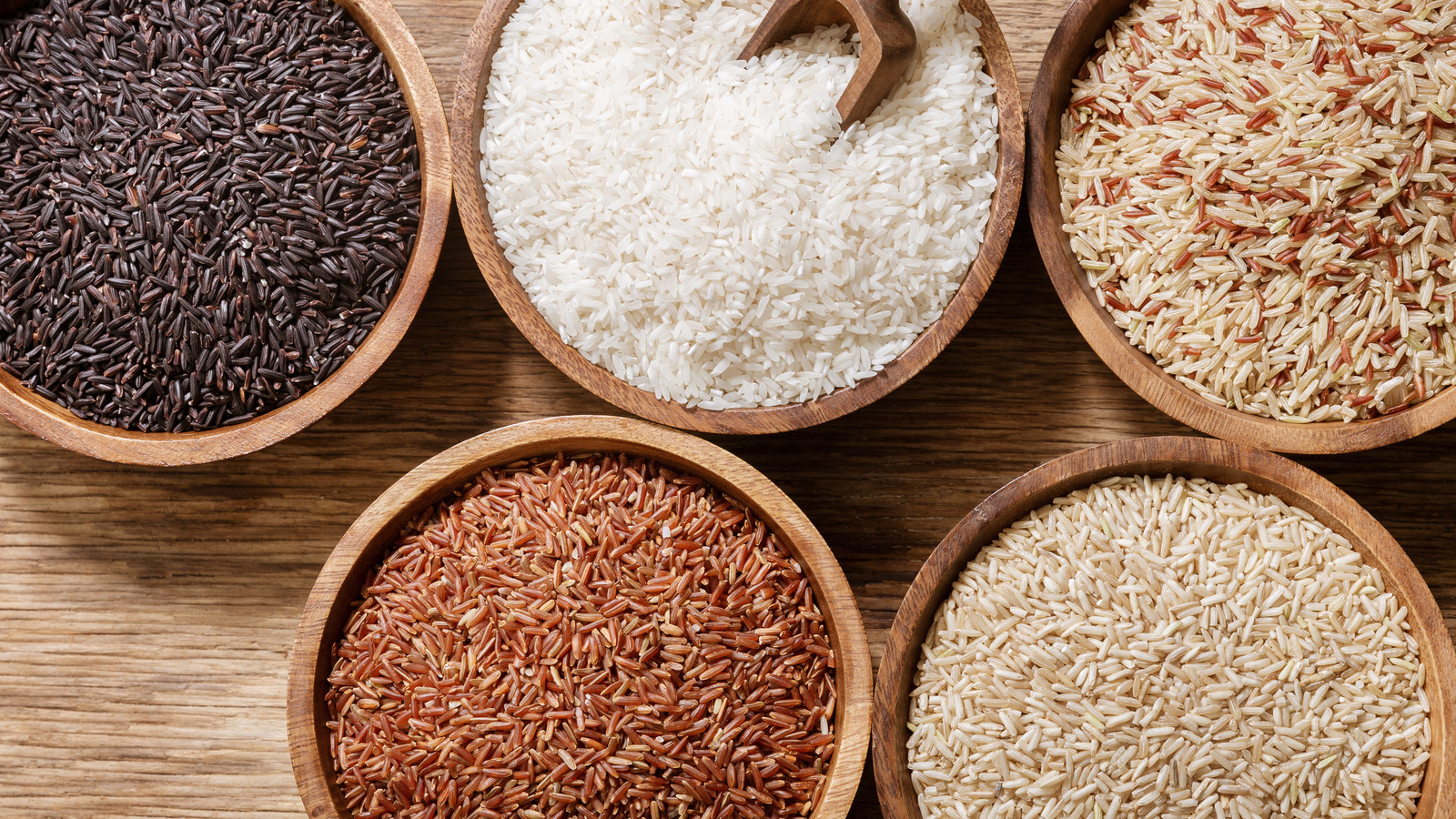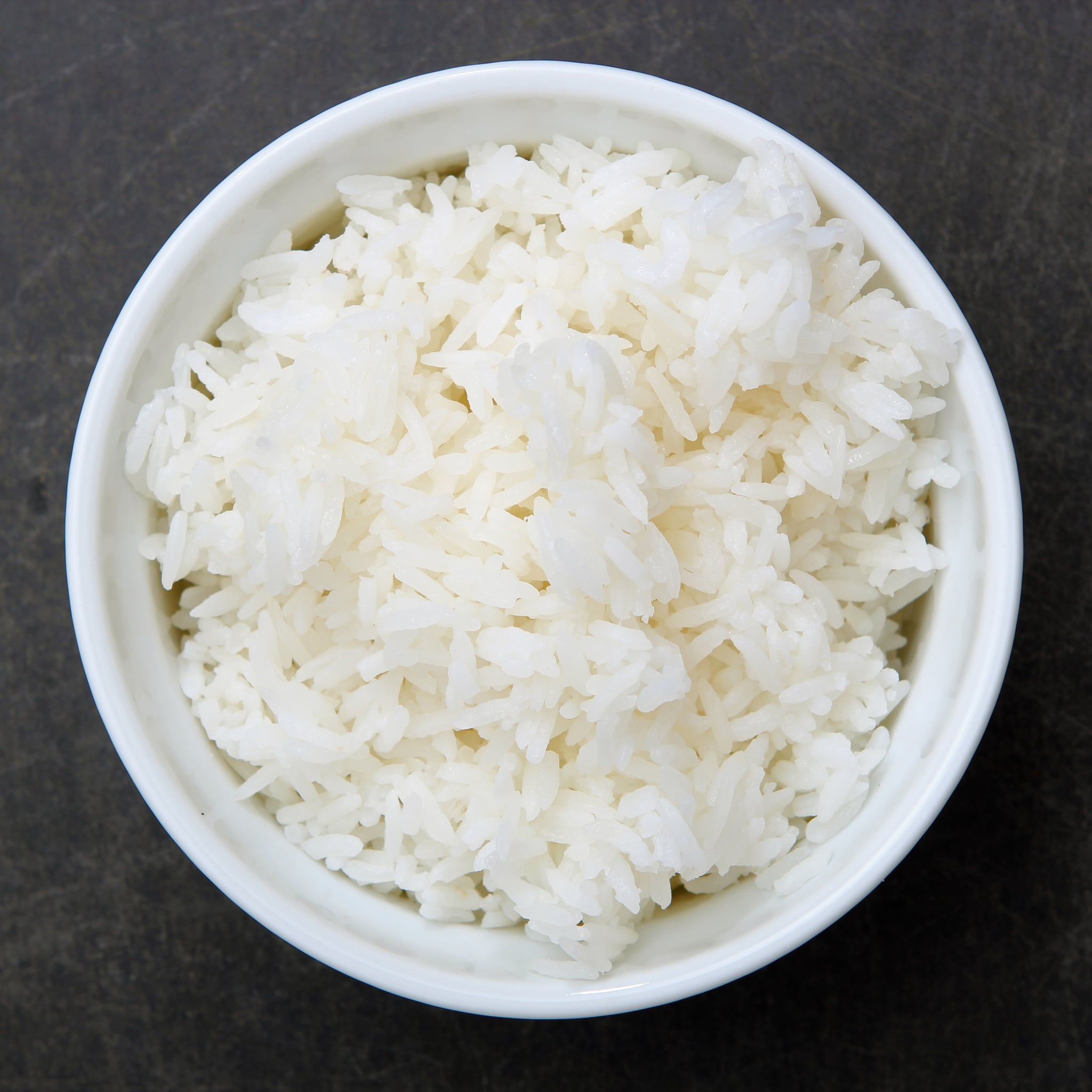Table of Contents
- What are Rice Water Wipes, Anyway?
- How Do You Make Your Own Rice Water Wipes?
- What Are the Potential Perks of Rice Water Wipes?
- Using Your Homemade Rice Water Wipes
- Can You Add Anything to Your Rice Water Wipes?
- Keeping Your Rice Water Wipes Fresh
- Beyond the Wipe - Other Ways to Use Rice Water
- A Final Thought on Rice Water Wipes
Rice, a food item found in kitchens across the globe, holds a special place, doesn't it? It's a fundamental part of so many meals, serving as a comfortable side or even the star of a dish. We often think of it as something to eat, something that fills us up and tastes good, but there's a quiet secret it holds, something that extends far beyond the dinner plate. This grain, so simple in its appearance, actually offers a whole host of other possibilities, some of which might truly surprise you. It's a bit like discovering a hidden talent in an old friend, you know?
Most of us are pretty familiar with how to cook rice, whether it's getting it just right for a meal, or perhaps using a kitchen appliance that helps make it perfect every single time. We might even use it for something like a grain bowl or some light, fluffy pancakes, as a matter of fact. But what about the water that comes from preparing it? That cloudy liquid, often poured away without a second thought, holds a quiet promise. It's really something that usually gets discarded, yet it has a lot more to offer than one might think.
Consider this: if rice itself is so wonderfully versatile, able to be a blank canvas for all sorts of tastes and recipes, then perhaps its water carries some of that same adaptable spirit. This idea leads us to something rather interesting, a simple way to bring a little bit of that rice goodness into our daily self-care. We're talking about rice water wipes, a gentle way to use a byproduct of our cooking for something entirely different, something that could be quite pleasant for your skin, just a little bit of kitchen magic repurposed.
What are Rice Water Wipes, Anyway?
So, you might be wondering, what exactly are these rice water wipes? Picture this: you know how you sometimes soak rice before cooking it, perhaps to get it ready for a tasty meal? Well, that very water, the one that becomes a little cloudy after the rice has sat in it for a bit, is what we're talking about. It's not the water you'd use for a creamy risotto, made by slowly adding stock to a starchy, short grain rice until it turns wonderfully smooth, but rather the initial liquid from a simple soaking. This water, as a matter of fact, picks up some of the good stuff from the rice itself, things like starches and certain compounds. It’s essentially a gentle liquid that has interacted with the rice grains, taking on some of their properties. These wipes are simply a way to apply this particular liquid to your skin, offering a fresh feeling. It's a rather straightforward concept, taking something often overlooked and giving it a new purpose, a rather simple yet clever idea, you know?
How Do You Make Your Own Rice Water Wipes?
Making your own rice water for these wipes is quite simple, actually. It starts with the rice itself. You'll want to get some clean rice, any kind will do, though some folks prefer white rice for this purpose. The main step involves soaking the rice in a container, one that should hold at least twice the amount of water as the rice you're using. For example, if you have one cup of rice, you'd want at least two cups of water. You just put the rice in the container, add the water, and let it sit. Some people let it soak for about thirty minutes, while others might let it sit for a few hours, or even overnight. The longer it sits, the more cloudy the water might become, which means it's picking up more of those rice elements. After it has soaked for your desired time, you simply pour the water into a separate clean container, leaving the rice behind. That cloudy liquid is your rice water. You can then use this liquid to moisten some soft cloths or cotton pads, creating your very own rice water wipes. It’s pretty easy, and you know, it’s a nice way to use something that would otherwise go to waste.
What Are the Potential Perks of Rice Water Wipes?
So, why might someone want to use rice water wipes? Well, rice itself is known for being quite versatile, acting as a blank canvas that can take on all kinds of tastes when cooked, from savory main dishes to satisfying sides, or even a sweet dessert. This adaptability suggests that the water from rice might also have a range of uses for your skin. While we're not making any grand claims, people who use rice water often talk about a feeling of freshness and a gentle cleansing. It’s thought to be quite mild, which can be a good thing for skin that might be a bit sensitive. Some folks feel it helps their skin feel smoother, or perhaps gives it a look of being more refreshed. It's a bit like how a good, simple side dish can really bring out the best in a meal; rice water, in a way, might just offer a gentle, natural approach to skin care. It’s certainly a very simple ingredient to work with, and many people find it quite pleasant to use, you know?
- Grandstay Hotel Algona Ia
- Hotel De La Opera Bogota
- Takashi Murakami Clothing
- Cutis Medical
- Paulos Chevrolet
Using Your Homemade Rice Water Wipes
Once you have your rice water ready, using your homemade rice water wipes is pretty straightforward. You can take a soft, clean cloth, or even some cotton pads, and simply dip them into the rice water. Make sure they are thoroughly moistened but not dripping. Then, you gently wipe your face or any other area of your skin you wish to refresh. It’s a bit like using a regular facial wipe, but with a simple, natural ingredient. You might use them in the morning to give your skin a gentle wake-up, or perhaps in the evening to help remove the day's grime. Some people like to use them after washing their face, as a final step to make their skin feel extra clean. The key is to be gentle, allowing the rice water to sit on your skin for a moment. There's no need to rinse it off right away; you can let it dry naturally. It’s a rather easy addition to a daily routine, and many find the experience quite calming, honestly.
Can You Add Anything to Your Rice Water Wipes?
Just as you can add a splash of vanilla extract and a pinch of salt to sweet rice treats to give them a pleasant taste, you can also consider adding a little something extra to your rice water wipes. This is where the idea of rice being a "blank canvas" comes into play again. If you enjoy certain natural scents, you might add a tiny drop of a skin-friendly essential oil, like lavender or rose, to your rice water before soaking your cloths. However, it's very important to use a very, very small amount and to make sure the oil is safe for skin use, and perhaps do a patch test first. Some people might also consider adding a tiny bit of aloe vera liquid for an extra soothing feel. The goal is to keep it simple and natural, maintaining the gentle nature of the rice water. It's about personalizing the experience, making it just right for you, in a way. Just be careful not to add anything that might irritate your skin, as a matter of fact. It’s all about creating something that feels good and works for your particular needs, you know?
Keeping Your Rice Water Wipes Fresh
When you make something fresh and natural, like rice water wipes, it's important to think about how to keep them fresh. Unlike some store-bought products with lots of preservatives, your homemade rice water is a natural liquid, which means it won't last forever. It’s a bit like a fresh meal; you wouldn't leave a delicious chicken and rice dish out on the counter for days, would you? The best way to keep your rice water is to store it in a clean, airtight container in the refrigerator. This helps to slow down any changes that might happen to it. Generally, rice water can stay good for about three to five days when kept cool. If you notice any unusual smell or a change in its appearance, like it becoming very cloudy or developing a strange tint, it’s probably best to make a fresh batch. You can also make smaller amounts more often to ensure you always have a fresh supply. This way, you’re always using the best possible rice water for your wipes, which is pretty important, honestly.
Beyond the Wipe - Other Ways to Use Rice Water
The versatility of rice doesn't stop at just making delicious dishes or even rice water wipes. That same rice water you prepare can be used in other ways, too, which is rather interesting. For instance, some people use it as a simple hair rinse. After shampooing, they pour the rice water over their hair, let it sit for a few minutes, and then rinse it out. It's thought to give hair a nice feel and a bit of shine, a very natural approach to hair care. Others might use it as a facial rinse directly, splashing it onto their face after cleansing, similar to how one might use a toner. It’s a pretty simple way to incorporate it into a routine. And if you have any leftover rice, the kind that might be used for a quick scramble with eggs and scallions, or for making a creamy risotto, that rice water can also be a part of your garden. Some plant enthusiasts use diluted rice water to water their plants, as it's thought to provide some helpful nutrients. It's quite amazing how one simple grain can offer so many different uses, both in the kitchen and beyond, as a matter of fact. It really shows how much goodness can come from something so unassuming, you know?
A Final Thought on Rice Water Wipes
Thinking about rice water wipes, it really brings home the idea that sometimes the simplest things hold the most potential. We often look for complex solutions, but sometimes, the answer is right there in our kitchen, a byproduct of something we use every day. Just like how a rice cooker can produce foolproof rice every time, or how leftover rice can be turned into a satisfying main dish or even dessert with just a few other ingredients, the water from rice offers its own kind of straightforward usefulness. It's a gentle reminder that resources can be repurposed, and that what seems like waste might actually be a quiet treasure. It encourages us to look at everyday items with a bit more curiosity, to see the hidden possibilities. It’s a rather humble ingredient, yet it opens up a conversation about natural self-care, making things yourself, and finding value in unexpected places. It's a pretty nice thought, isn't it?
- Convergence Church Fremont
- Who Was Tanjiros Dad
- 이영돈 Pd
- The Melting Pot Columbia Sc
- Adrienne Arts Center Miami
/long-grain-white-rice-gettyimages-806770568-f3c1d7887feb475783bb3e3b592066e3.jpg)

